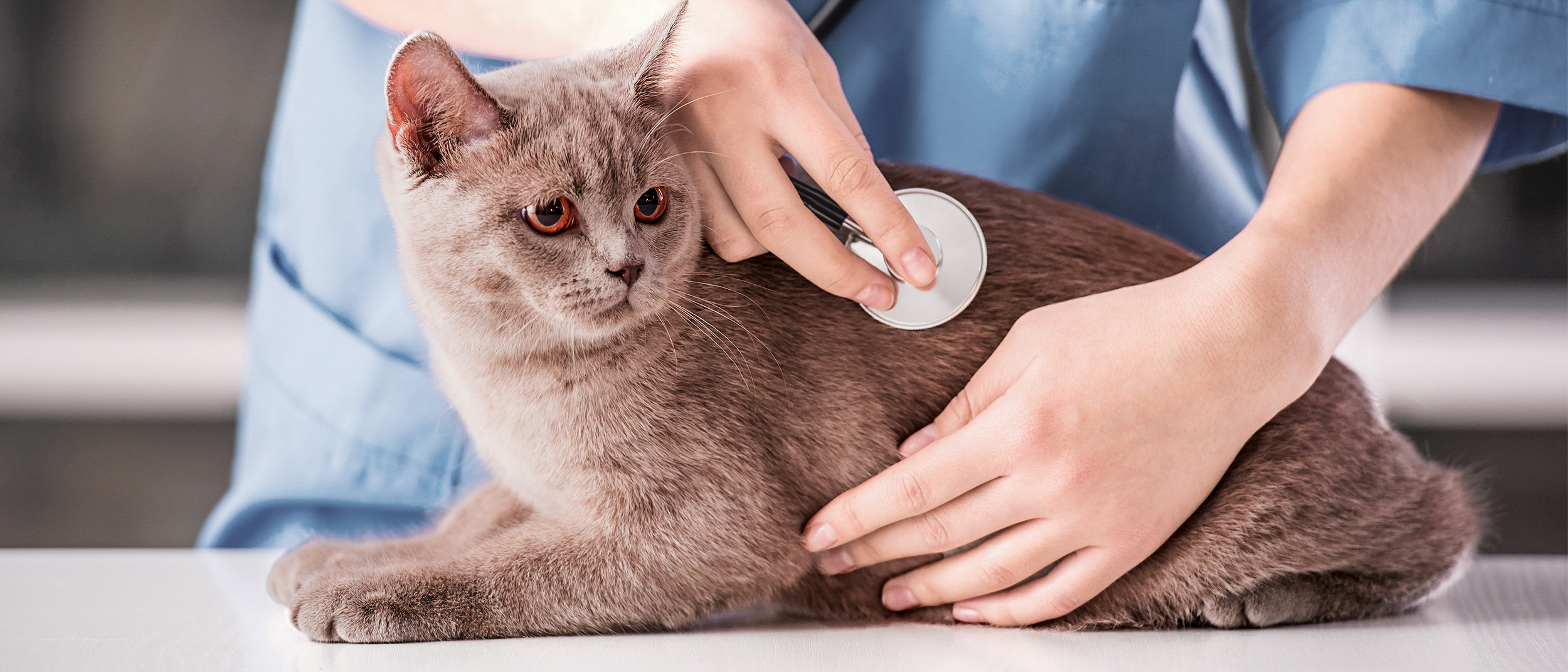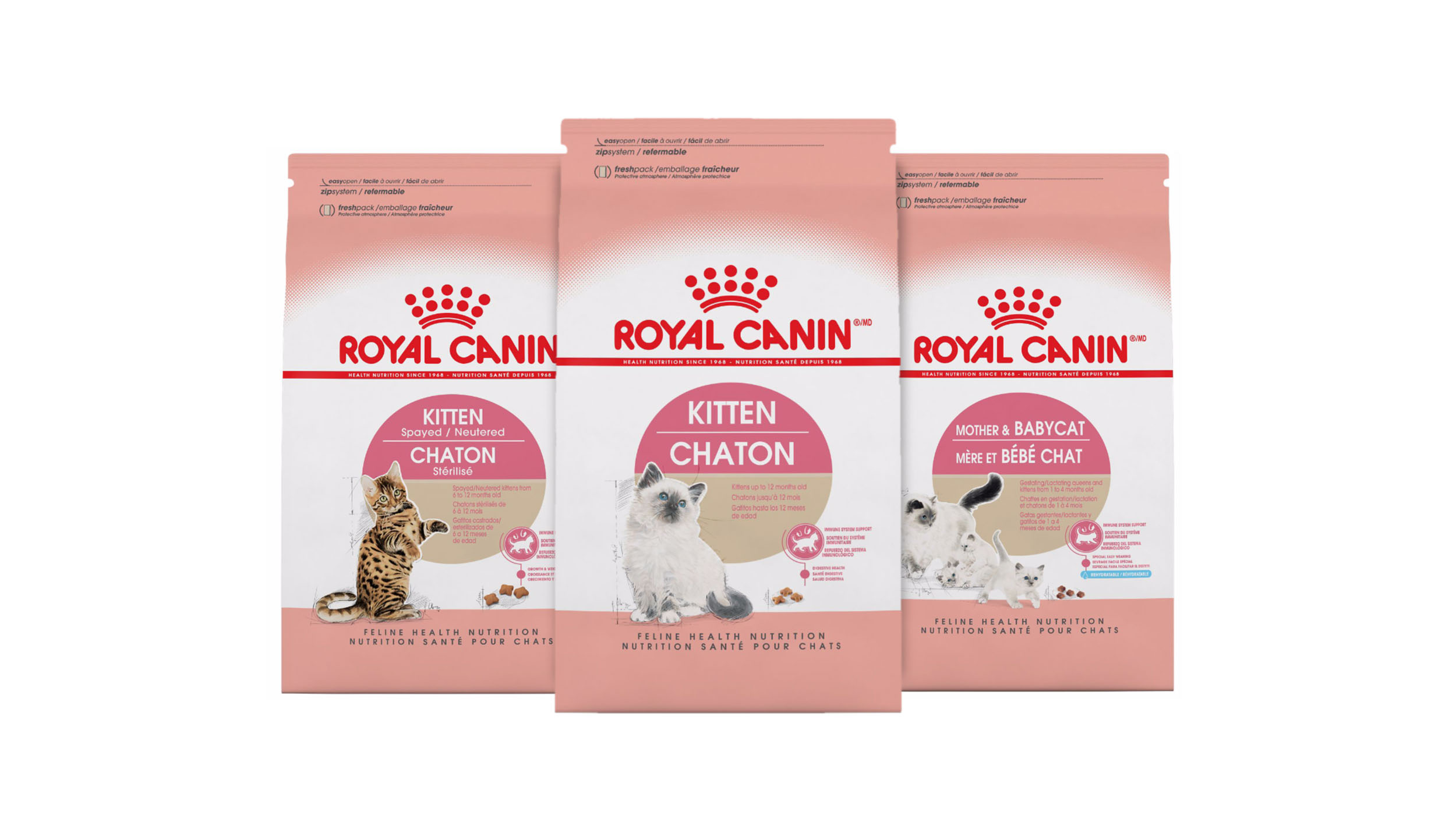Chlamydophila felis

Chlamydophila felis là gì?
Chlamydophila felis là một loại vi khuẩn gây viêm kết mạc ở mèo trưởng thành và mèo con.
Các triệu chứng của bệnh do vi khuẩn chlamydophila felis là gì?
Khi mèo trưởng thành hoặc mèo con của bạn bị viêm kết mạc, chúng sẽ có nhiều triệu chứng khác nhau. Bạn nên luôn chú ý đến:
- Bất kỳ dịch tiết và chất lỏng nào tích tụ trong mắt của chúng
- Nháy mắt thường xuyên và quá nhiều
- Lác mắt liên tục
- Đỏ mắt
Liệu viêm kết mạc có đi kèm với bất kỳ triệu chứng nào khác không?
Thường thì nhiễm trùng mắt ở dạng viêm kết mạc đi kèm với nhiễm trùng đường hô hấp trên. Nhóm lại với nhau, bệnh này được gọi là "cúm mèo" và do một số bệnh nhiễm trùng khác nhau gây ra.
Phổ biến nhất, bệnh này bao gồm vi-rút herpes ở mèo (FHV-1) và vi-rút calici ở mèo (FCV), cả hai đều là vi-rút và rất phổ biến trong quần thể mèo.
Vi khuẩn như bronchiseptica và mycoplasma cũng có thể góp phần gây ra bệnh.
Cúm mèo lây lan như thế nào?
Cúm mèo lây trực tiếp giữa các chú mèo cũng như do người vuốt ve chúng và không rửa tay. Bệnh này cũng lây lan trên các đồ vật bị nhiễm khuẩn khi hắt hơi hoặc chảy nước mắt và không được vệ sinh sạch sẽ – bao gồm bát đựng thức ăn, chuồng và bàn chải.
Các triệu chứng khác của bệnh cúm mèo là gì?
Các dấu hiệu lâm sàng của bệnh cúm mèo bao gồm:
- chảy nước mắt và mũi
- chảy nước bọt thừa
- hắt xì
- loét miệng
- viêm nướu
- đau họng
- hạch bạch huyết mở rộng
Các triệu chứng của bệnh cúm mèo có luôn dễ nhận thấy không?
Mèo trưởng thành hoặc mèo con (không có dấu hiệu lâm sàng hoặc triệu chứng của một căn bệnh như cúm mèo) vẫn có thể là vật mang một số loại vi-rút, bao gồm vi-rút calici ở mèo, vi-rút herpes ở mèo, vi-rút gây bệnh bạch cầu ở mèo (FeLV) và vi khuẩn chlamydophila felis.
Nếu chú mèo con mới của bạn ở gần những chú mèo khác, hãy luôn thận trọng. Những chú mèo khác trong quần thể có thể đang mang các loại vi-rút trên mặc dù có vẻ khỏe mạnh.
Nếu trường hợp đó xảy ra, chúng sẽ gây nguy hiểm cho các thành viên khác của cộng đồng, đặc biệt là mèo con.
Tôi có thể đưa mèo đi tiêm vắc-xin ngừa bệnh do vi khuẩn chlamydophila felis và viêm kết mạc không?
Bạn có thể đưa mèo đi tiêm vắc-xin ngừa chlamydophila felis theo lời khuyên của bác sĩ thú y.
Bạn có thể đưa mèo trưởng thành và mèo con đi tiêm vắc-xin thường xuyên để chống lại một số loại vi-rút và bệnh chính gây ra bệnh cúm mèo. Tuy nhiên, các mũi vắc-xin này không phải lúc nào cũng gồm vắc-xin ngừa vi khuẩn chlamydophila felis.
Bác sĩ thú y của bạn sẽ cho biết liệu vắc-xin này có cần thiết hay không.
Các loại vắc-xin chính thường được tiêm cho mèo là gì?
Các mũi vắc-xin chính bao gồm:
- Vi-rút herpes ở mèo (fHV)
- Vi-rút calici ở mèo (FCV)
- Vi-rút gây bệnh giảm bạch cầu ở mèo (FPV)
- Vi-rút gây bệnh bạch cầu ở mèo (FeLV)
Bác sĩ thú y không đưa mũi vắc-xin ngừa vi khuẩn chlamydophila felis vào danh sách vắc-xin chính, nhưng thường khuyến nghị bạn nên tiêm cho mèo mũi này. Bác sĩ thú y sẽ xem xét lối sống của mèo con, cụ thể là liệu chúng có đi ra ngoài trời không và có tiếp xúc với những chú mèo khác hay không. Sau đó, họ sẽ đưa ra một kế hoạch và lịch tiêm chủng được khuyến nghị.
Nếu mèo con mới của bạn có khả năng ở gần những chú mèo khác, thì bạn phải nói chuyện với bác sĩ thú y của mình về việc tiêm vắc-xin phòng tất cả các nguyên nhân gây ra bệnh cúm ở mèo.
Related Articles

Tìm bác sĩ thú y
Nếu bạn có bất kỳ lo lắng nào về sức khỏe của mèo, hãy tham khảo ý kiến bác sĩ thú y để nhận được lời khuyên mang tính chuyên môn.

Tailored nutrition for your kitten
Nutritional formulas that help to build your kitten's natural defences, support healthy growth, and aid in digestive system development.
Thích và chia sẻ trang này